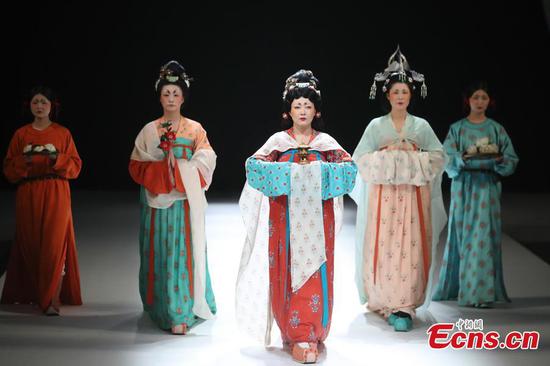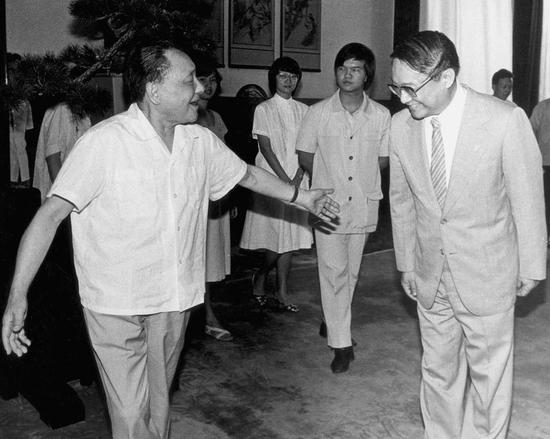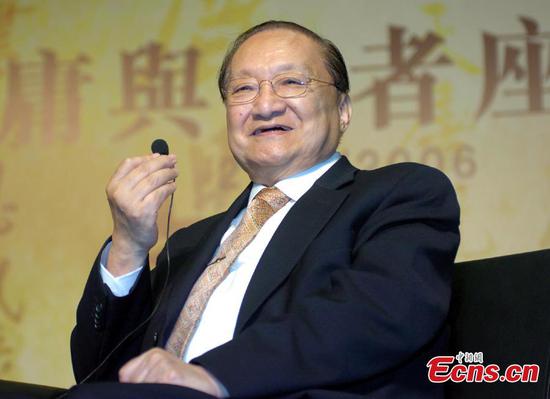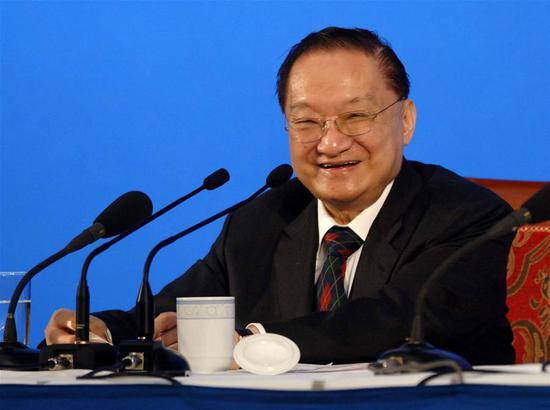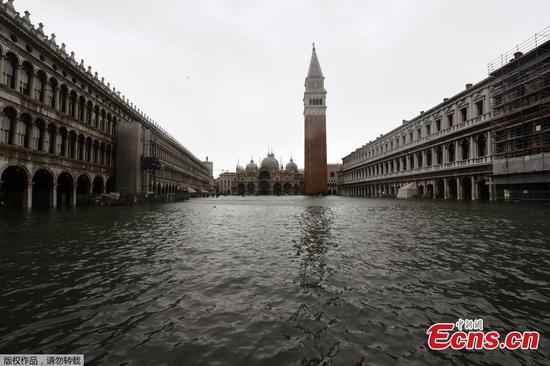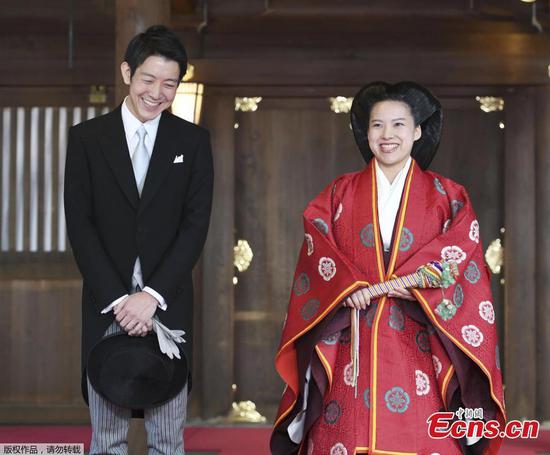Experts, officials call possible executive order 'unconstitutional'
U.S. President Donald Trump has triggered controversy after raising the possibility of ending birthright citizenship in the United States by signing an executive order, a move experts say would be unconstitutional.
Trump said on Tuesday that he has discussed with White House counsel the idea of bringing a halt to giving automatic citizenship to babies born in the U.S. who are of noncitizen parents.
The move is believed to be Trump's effort to appeal to constituents who see illegal immigration as a top concern.
Trump also went off track by saying that the U.S. is the only country that automatically gives citizenship to anyone born in the country.
Actually, many other countries, including Canada and Mexico, also grant citizenship to children born within their borders.
Trump's words were immediately opposed by legal experts and officials.
"Well you obviously cannot do that," Republican U.S. House Speaker Paul Ryan said in a radio interview on Tuesday. "You cannot end birthright citizenship with an executive order."
Trump is attempting to please his base by denying birthright status to foreign babies born in the U.S., said Brookings Institution Senior Fellow Darrell West.
"It is a way to sound tough on immigration without getting Congress to pass a bill," West said.
"Trump plans to implement this idea through an executive order. That approach is not likely to be constitutional."
Saikrishna Prakash, a constitutional expert and University of Virginia Law School professor, said Trump is doing something that's going to upset a lot of people, but ultimately this will be decided by the legal system.
"This is not something he can decide on his own," he said.
Yang Jingmin, a researcher with the Center for China and Globalization, a think tank in Beijing, said an executive order is likely to be challenged and overruled in court.
The first sentence of the 14th Amendment passed after the Civil War (1861-65) establishes the principle of "birthright citizenship": "All persons born or naturalized in the United States, and subject to the jurisdiction thereof, are citizens of the United States and of the state wherein they reside."
However, Yang said that the signal sent by Trump was worth pondering.
"What Trump expressed and wants to do will probably affect the public opinion of the U.S., and actions that support opening-up and conform to the spirit of the Constitution will probably be under pressure," she said.
Xie Guoao, founder of Crownbaby International Life Science &Technology Group, said tens of thousands of Chinese have gone to the U.S. to have children, aiming for citizenship and education rights.
"I think Trump cannot alter the Constitution and the rights of the children born in the country will not be changed easily, but it also sends out signals that related polices might be tightened in the future," he said.
The issue of immigration has dominated political discussions in the U.S. again in the past few weeks, as Trump views illegal immigration as one of the nation's most pressing matters for the midterm elections next week.










